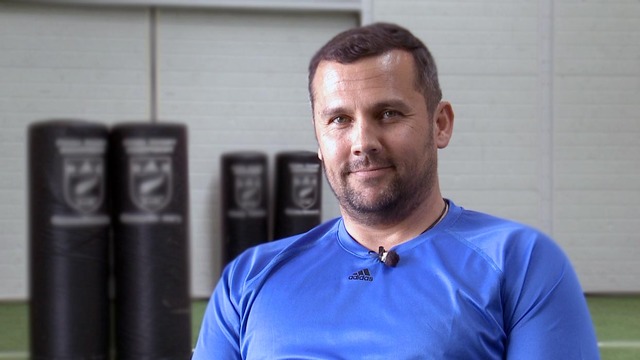Coaching to inspire in your own orbit
The 50th anniversary of the Apollo 11 moon landing was rightly celebrated this month as one of mankind’s greatest achievements.
Recollections of that historic day highlighted the incredible exploits of Neil Armstrong, Buzz Aldrin and Michael Collins along with the many others whose expertise propelled them into deep space and the history books.
However, the extensive coverage of that day also provided a reminder of the power, influence and responsibility that we have as coaches to inspire and guide the players of today and tomorrow.
Reflecting on the feats of his famous father, Mark Armstrong told the BBC that the impact stretched far beyond the fabled few to the estimated 600 million people around the world who watched the events play out on their TV screens.
“It’s had an incredible impact, the most obvious are the technologies that were created or developed to make that happen which have influenced our daily lives for generations,” explained Armstrong, who was just six-years-old at the time.
“But even more important than that is the generation of people, that because of these accomplishments, came to believe that if they worked hard, they studied and applied themselves, then they could become something great in the future."
“And if you multiply that by the number of people around the world that were watching this, you get this incredible uplifting source of the human spirit."
“This is the legacy of Apollo, this belief that great things can happen if you apply yourself, if you dedicate yourself to working hard and that’s the kind of thing we need to repeat because it’s those who determine the future."
“And they don’t have to be astronauts or scientists even, they could be doctors, lawyers or dentists or whatever but if they want to be better because they were inspired by this moment, that improves life for everyone.”
In terms of our sport, the Rugby World Cup is the nearest we can get to commanding a global audience.
We can only hope this year’s tournament in Japan showcases the very best we have to offer and entertains and inspires in equal measure which in turn helps grow the game.
It is of course ridiculous to suggest that as individual coaches we wield as much influence Armstrong and co did all those years ago but importantly we do within our own orbit.
At our clubs and schools, instead of a global TV audience, we have the eyes and ears of our players who are also just waiting to be inspired.
That precious time and the equally rare attention and focus of players normally distracted by the everyday demands of life, adds up to a priceless chance to do just that and it must not be wasted.
Training sessions are a little more common than moon landings but the limited interaction that most coaches have to work with just increases the pressure to make that time special.
The challenge is to make every session as enthralling as July 20, 1969.
Realise the importance of that small window into the lives of your players and provide a compelling session, one that engages, informs and entertains.
If we rely on the same coaching approach and ideas we should be prepared for our players’ heads to be turned by another coach, another team or even a different sport.
We must keep it fresh to keep our players on their toes and to keep them coming back week after week.
Make sure the passion and enthusiasm are shared around. If you help one player, you’ll feel good, enlighten the group as a whole and you’ll all go home happy.
Make enjoyment a priority regardless of the age of your players and they will return for the next session enthused and intrigued.
Inquisitive minds will help you balance a fun session with an appropriate level of technical and tactical demands that fuel your players’ physical and mental development.
Convincing players to apply themselves with the promise ‘great things will happen’, has always been part of the coach’s playbook.
The realisation that there is benefit beyond that, which ‘improves life for everyone’ may depend on the maturity of the player.
It may also seem fanciful to suggest that coaches should concern themselves with players being the best people that they can.
But let us not forget that Wayne Smith’s famous mantra that ‘better people make better All Blacks’ has long been a key element of the All Blacks’ success.
That emphasis on self-improvement and the belief that you can always be better, on and off the pitch, once again echoes Armstrong’s thoughts on Apollo 11’s legacy.
But the players are not the only ones who should be dreaming as big as those who took mankind to the moon.
As coaches, it is imperative that we set ourselves targets that not only challenge us but ignite the rocket fuel within our players.
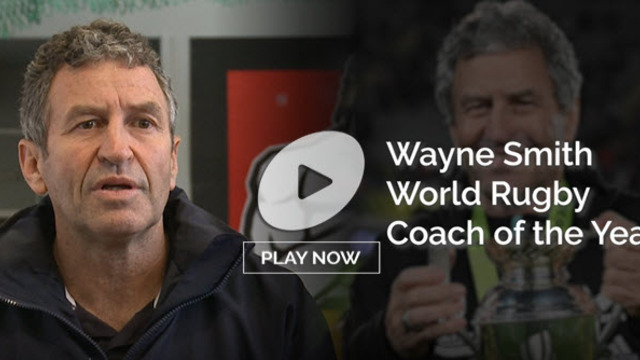
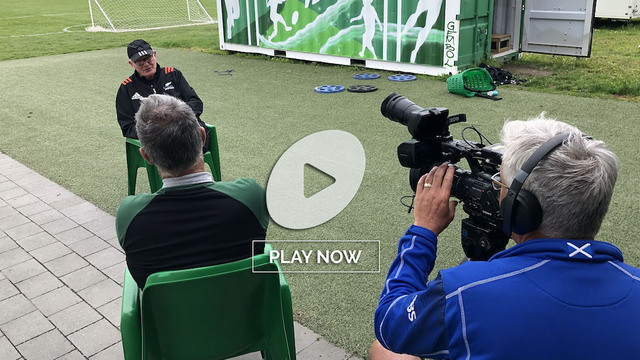


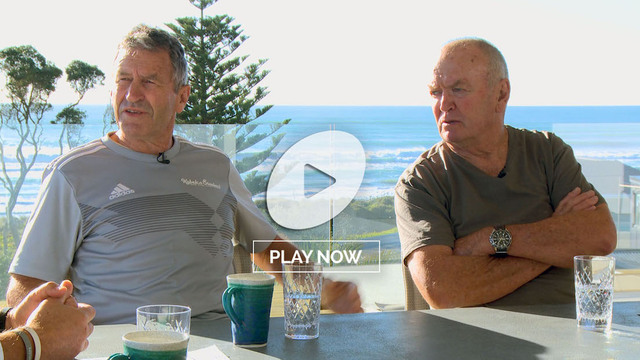
.jpg)
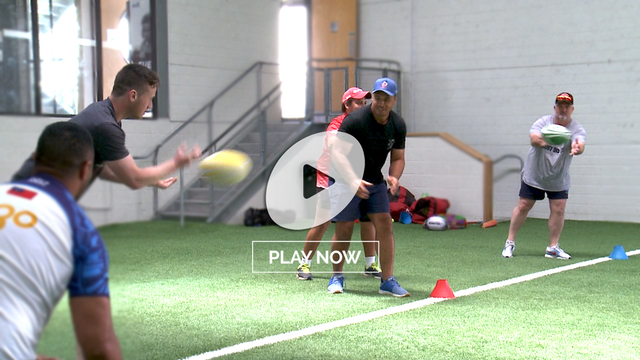
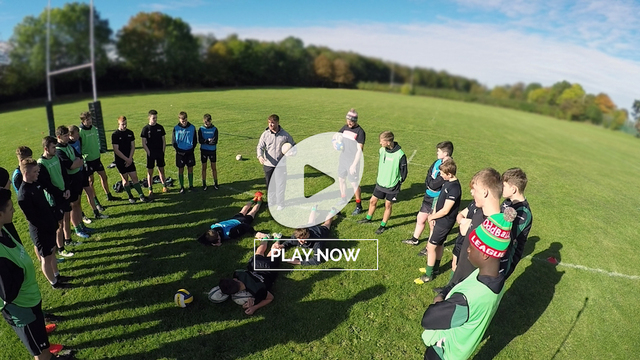
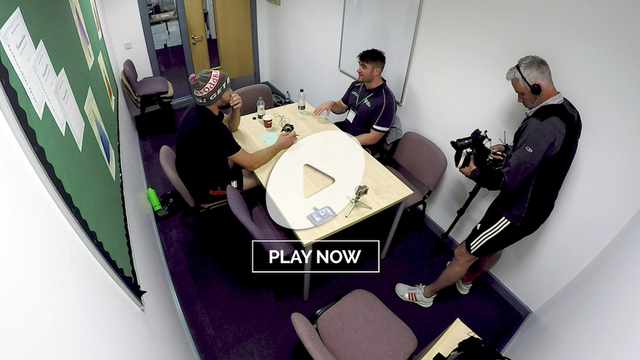
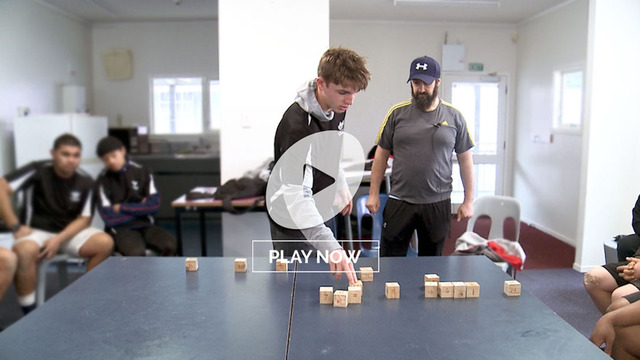
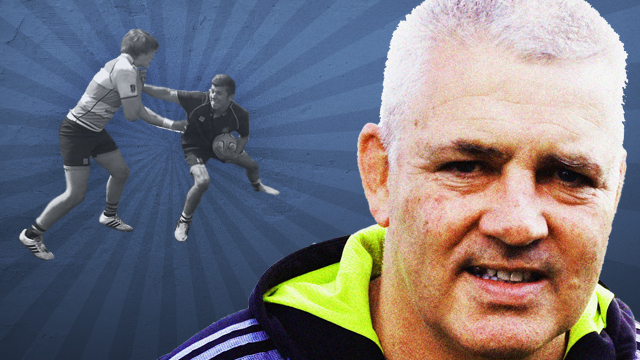
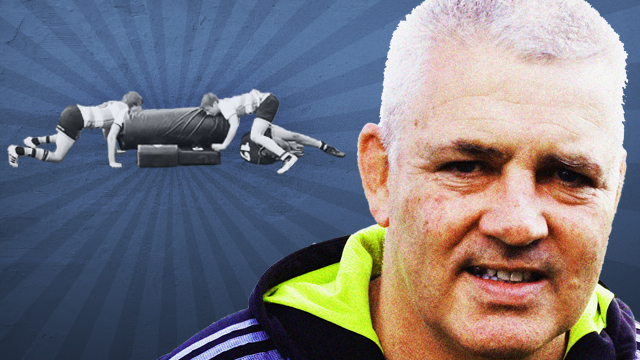
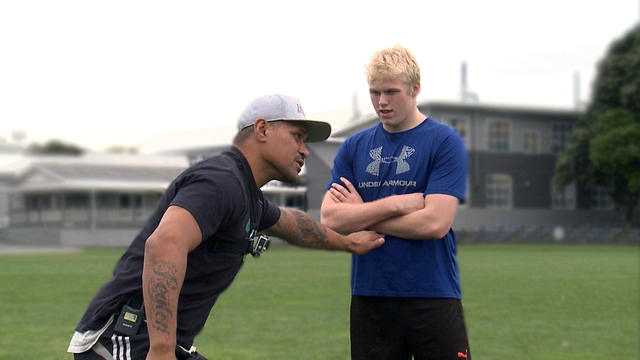

.jpg)



